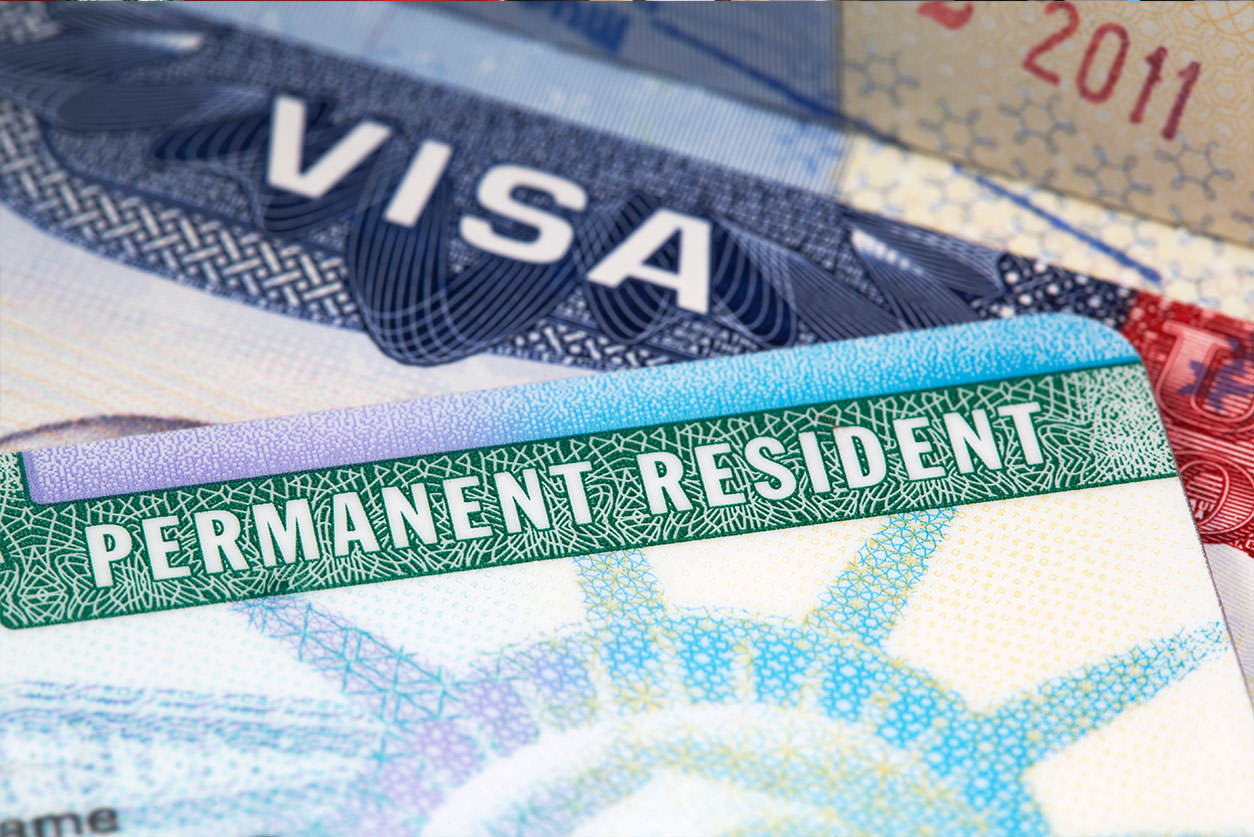Basic Principles of Immigration Reform
 Politicians mean a lot of different things when they advocate comprehensive immigration reform. Their ideas run the gamut, from offering legal status to the 11 million undocumented people currently here, to dramatically reducing — perhaps even suspending — immigration. Either way, there is broad agreement on one thing: the system is broken and needs urgent attention.
Politicians mean a lot of different things when they advocate comprehensive immigration reform. Their ideas run the gamut, from offering legal status to the 11 million undocumented people currently here, to dramatically reducing — perhaps even suspending — immigration. Either way, there is broad agreement on one thing: the system is broken and needs urgent attention.
For years, our immigration system has ignored the realities on the ground. New citizens and legal residents wait years — some more than a decade — to bring their loved ones to the US. Employers looking to bring in workers with specific skills from abroad must navigate a system that is slow, complex, and uncertain. The result is a challenge to the basic rule of law and a hit-or-miss relationship between our immigration policies and economic, security, and social priorities.
The Immigration and Nationality Act, which governs permanent immigration to the US and the issuance of temporary visas, has been overhauled twice and amended numerous times since its enactment in 1952. What we need now is not another round of changes in response to specific pressures, but a full and comprehensive overhaul of our immigration law based on the following principles:
Basic Principles of Immigration Policy
- Our heritage of welcoming new immigrants to the US has provided our nation with immeasurable benefits. Closing our borders to new immigrants will damage our economic competitiveness, national security efforts, and the well-being of citizens who are separated from their families.
- The system for controlling legal immigration must operate with less complexity, and respond to labor needs more accurately, in order to enhance economic competitiveness and reduce the demand for illegal immigration by less skilled workers.
- The system for deterring illegal immigration must provide foreign nationals seeking to enter the country with reliable and tamper-proof documents and impose stringent penalties on employers who hire undocumented workers.
- Congress must create a fair and humane plan to allow the millions of undocumented immigrants living in the United States to earn the right to remain here legally, provided they contribute to the US through work and taxes, and commit to other conditions for legalization.
- Immigration enforcement and counterterrorism are very different functions of government. For either to be effective, both must be conducted separately.
Immigration is a complex issue made even more exasperating by years of legislative inaction. For example, in November 2015, over 4.4 million people who had been approved for family-based visas were waiting for their quota numbers to come up so they could enter the United States. Enacting any sort of earned legalization program could make these backlogs even worse, while lifting the quotas on family-based immigration would push annual immigration numbers beyond our capacity to effectively control the admissions process.
Immigration was one of the most heated issues in the 2016 presidential election. The problems will only become more pressing and the solutions more complicated. We are in urgent need of improvements to our policies and processes, and should not lose sight of our core values as we get to work.
Published: June 15, 2017
To Learn More
- Immigration and America’s Future: A New Chapter by Doris Meissner, Deborah W. Meyers, Demetrios G. Papademetriou, and Michael Fix (Migration Policy Institute, 2006)
- U.S. Immigration Policy, Independent Task Force Report by Jeb Bush and Thomas L. McLarty III, (Council on Foreign Relations 2009)
